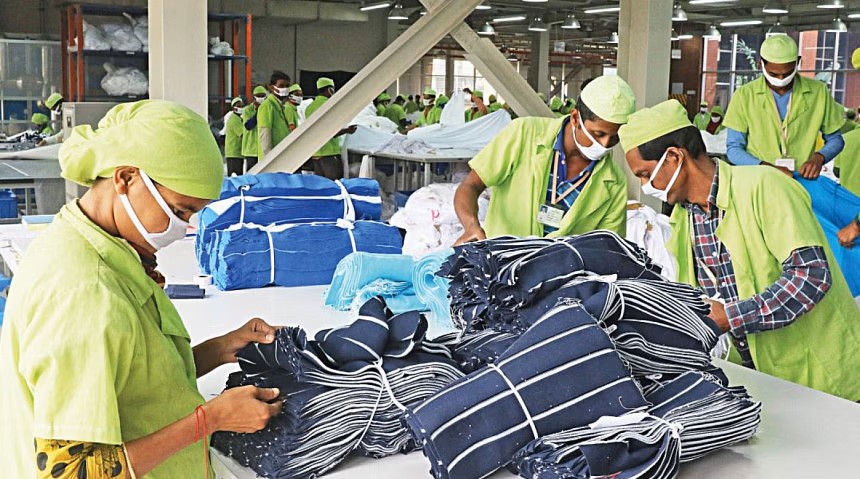Over 55% BGMEA member factories closed in four decades
Nearly 4,000 member factories of the Bangladesh Garment Manufacturers and Exporters Association (BGMEA) have faced closure for various reasons since the country emerged as an apparel manufacturing nation in the late 1970s, data from the trade body showed today.
This portrays the struggle the multi-billion-dollar industry, the second largest in the world, has gone through in the past four decades, said BGMEA President Faruque Hassan.
He shared the figures in a letter sent to the BGMEA members.
It comes at a time when the sector has been hit with a fall in export orders, labour unrest, factory closures, and the rejection of the new minimum wage by workers.
About 6,885 factories have been set up in Bangladesh since Nurul Kader Khan established Desh Garments in the port city in 1979, the first apparel factory in the country.
Of them, 3,964 were closed because of a slump in work orders, loan defaults, order cancellations, failure of management, and frauds by buyers, among other reasons, the letter said.
Of the remaining 2,921 industrial units, 2,339 had their membership renewed last year. Currently, 1,600 factories directly export garment items.
The rest are running business on a subcontracting basis since they don’t have the capacity to run in full swing.
In 2020 and 2021 when the country faced a severe form of the coronavirus pandemic, 317 garment factories went out of business, BGMEA data showed.
Another 260 factories have been shut since Bangladesh overcame the pandemic.
“Every year, some new factories go into production. At the same time, a large number of them also go out of business,” said Hassan.
Owing to the factory closures many workers have lost jobs and the country has been deprived of much-needed foreign currencies, he said. “This is a different reality.”
Although the deepest crisis within the sector is not coming to the fore in a significant way, the closed factories point to the crisis and uncertainty it is going through, he said.
He added that the garment industry has created jobs, earned foreign currencies, empowered women, reduced poverty, and arrested child marriage, thus ensuring social-economic balance.
“The economy will not be able to bear the burden if the balance is disrupted for any reasons.”
























 ছবি-সংগৃহীত/হেলথ কানাডা
ছবি-সংগৃহীত/হেলথ কানাডা





